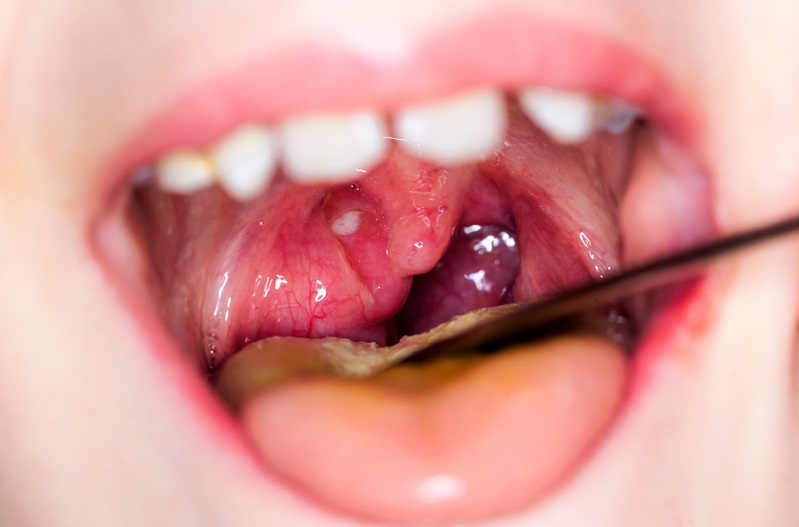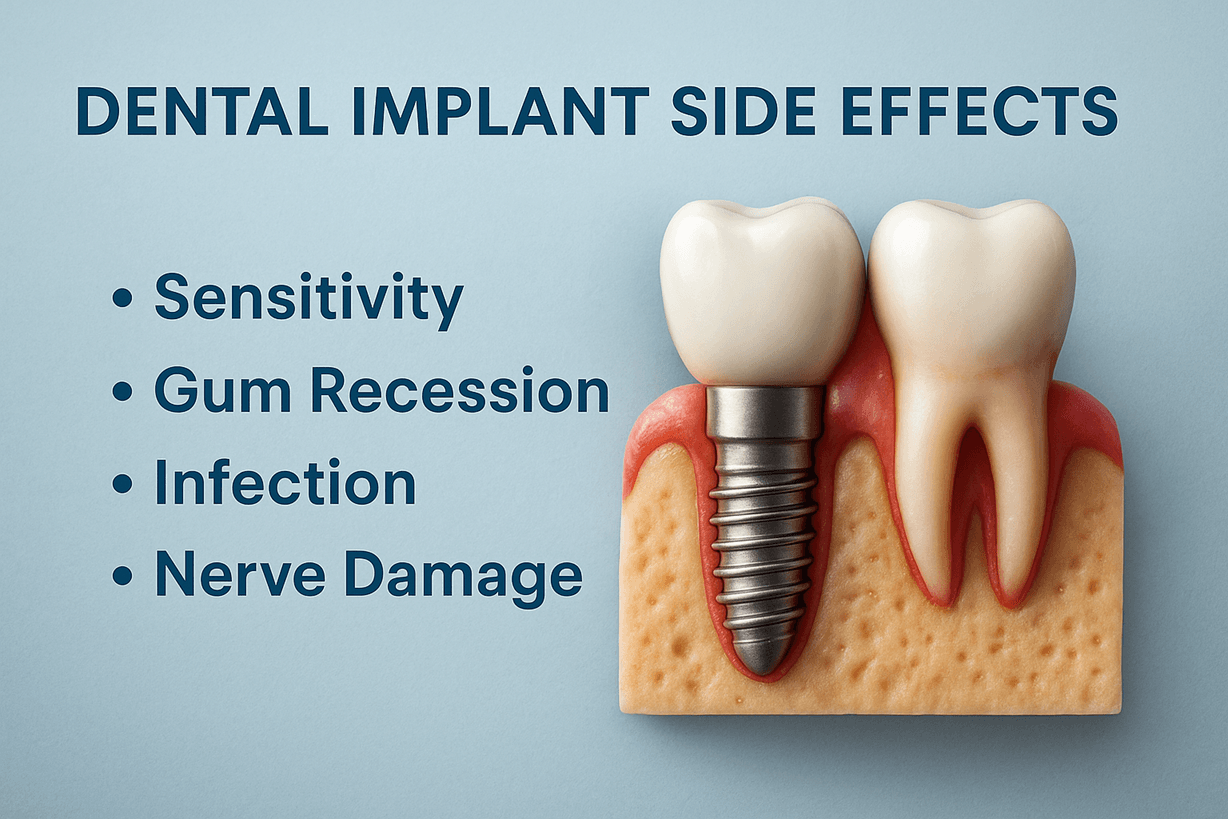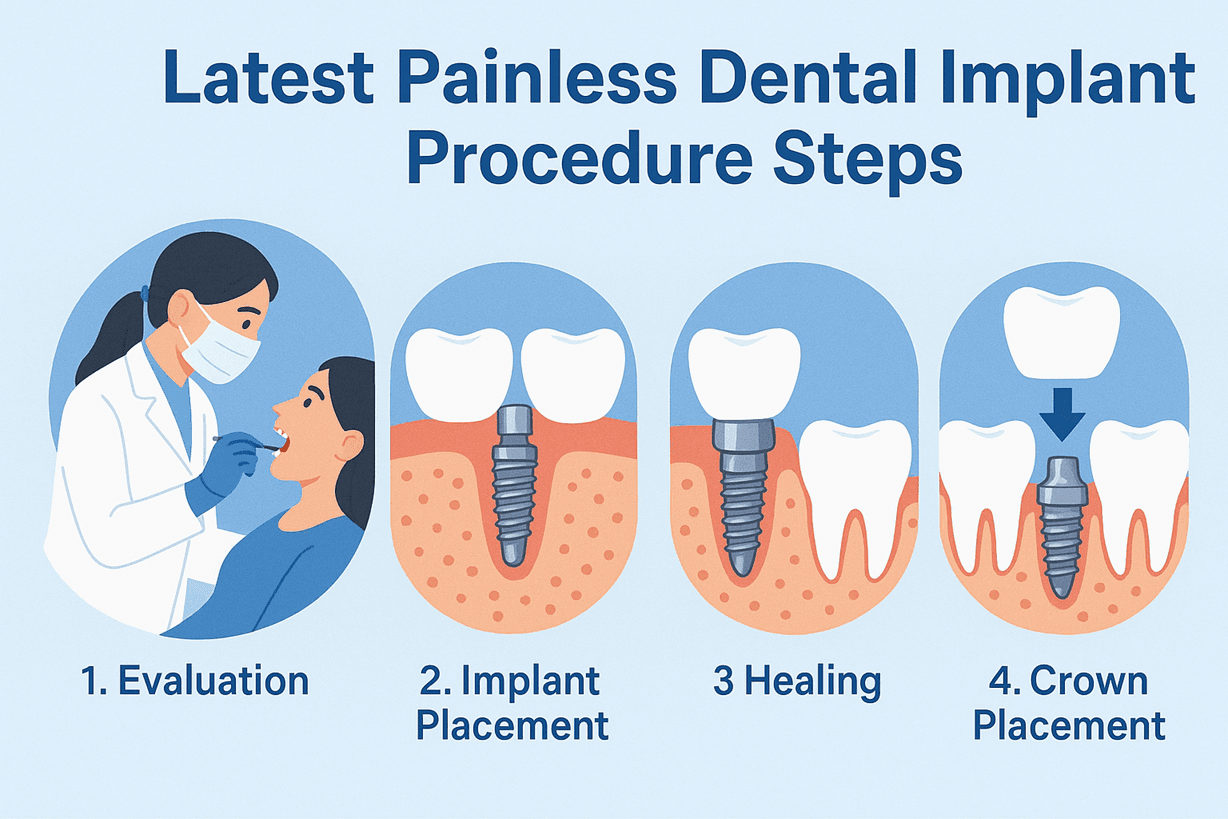Contents
- Common Symptoms of Mouth Infections
- 1. Pain and discomfort
- 2. Swelling and inflammation
- 3. Bad breath
- 4. Ulcers and sores
- 5. Changes in taste
- 6. Fever and general malaise
- Causes of Mouth (Oral) Infections
- Diagnosis of Mouth (Oral) Infections
- Treatment Options for Mouth (Oral) Infections
- Home Remedies to Treat Mouth Infections
- Gargle with salt water:
- Hydrogen Peroxide Rinse:
- Garlic:
- Turmeric Paste:
- Honey:
- Probiotics:
- Keep Yourself Hydrated:
- Conclusion

Mouth (oral) infection is a phrase used to describe a variety of infections that can develop in your oral cavity.
These infections may have a dental origin- arising from your tooth or a non-dental source (arising from other soft tissues). These infections can arise from bacteria, fungi or viruses.
Oral infections are localized or systemic conditions that occur in the mouth and can affect your gums, teeth, tongue and other oral tissues.
In the majority of cases, the fundamental issue that causes mouth infections is improper oral hygiene.
The risk of causing harm to teeth and soft tissues increases with plaque accumulation on teeth and the surface of the tongue. This can lead to severe complications if left unattended.
Common Symptoms of Mouth Infections
The symptoms of oral infections can vary depending on the type and severity of the infection.
1. Pain and discomfort
Pain is one of the most common signs of an oral infection. It may show up as a chronic toothache, painful gums, or just overall oral discomfort.
Pain can range in severity from little to severe, but it's important to pay attention to it.
2. Swelling and inflammation
Inflammation often accompanies oral infections. Your gums might become red, swollen and tender.
In some cases, you might notice pustules- small pus-filled bumps on your gums, which are a clear sign that something is amiss.
3. Bad breath
Halitosis, or bad breath, is a common side effect of oral infections. Even if you practise good dental hygiene, if your breath suddenly becomes bad all the time, there may be a deeper problem.
4. Ulcers and sores
An oral infection may be indicated if you see sores or ulcers in your mouth that hurt, especially on the tongue, inner cheeks, or lips.
These sores can be exceedingly unpleasant and might make it difficult to speak and eat normally.
5. Changes in taste
Your sense of taste might be affected by oral infections. Your mouth could taste metallic or unpleasant, or specific meals might taste different.
Your taste buds or salivary glands may be affected by the infectious agent, which can lead to these changes in flavour.
6. Fever and general malaise
In more serious situations, systemic symptoms including fever, exhaustion, and general malaise can result from oral infections.
This suggests that the infection may have become systemic or spread, necessitating emergency medical care.
Keep in mind that depending on the particular ailment, these symptoms can differ from person to person.
It is advisable to seek expert counsel to identify the precise cause and obtain proper treatment if you encounter any of these indicators.
Causes of Mouth (Oral) Infections
Mouth infections are categorized into two types: dental and non-dental.
Dental Infections:
Caused by bacteria that enter the tooth or supporting tissues.
These bacteria damage the enamel and irritate the tooth's pulp.
Common causes include cavities, gum infections, or poor root canal treatments.
In severe cases, infections can lead to swelling in the mouth and throat.
Non-Dental Infections:
Affect the mucous membrane covering the soft tissue in the mouth.
Bacteria, fungi, or viruses like Herpes Simplex, Varicella-Zoster, and HIV can cause these infections.
Cold sores are a common viral infection caused by the Herpes Simplex virus.
Oral Ulcers:
Can result from bacterial infections such as syphilis or tuberculosis.
Oral candidiasis, a common fungal infection, occurs due to fungal overgrowth, often linked to weakened immunity.
Other causes include nutritional deficiencies, hormonal imbalances, autoimmune disorders, dry mouth, and genetic conditions.
By addressing underlying causes and maintaining good oral hygiene, many of these infections can be prevented.
Diagnosis of Mouth (Oral) Infections
If you experience any of these symptoms, it's essential to seek professional help promptly. Dentists are trained to diagnose and treat oral infections.
During the diagnosis process, they may:
- Physical Examination: Dentists will examine your mouth, gums, and teeth, looking for signs of infection, inflammation, or other issues.
- Imaging: X-rays or other imaging techniques may be used to get a clearer picture of the issue.
- Blood Tests: In some cases, blood tests can help identify the specific type of infection.
- Swabs: Dentists might take swabs from the affected area to identify the causative bacteria or fungi.
Treatment Options for Mouth (Oral) Infections
1. Antibiotics:
Bacterial infections are often treated with antibiotics prescribed by a dentist or oral surgeon
2. Antifungals:
If the infection is fungal in nature, these medications are used. Antifungal ointments or mouthwashes can be used.
3. Dental procedures:
In some cases, you may need a dental procedure to address the issue, this can include draining an abscess, root canal therapy or tooth extraction.
A dental abscess will need a surgical incision and drainage. This is then followed by a dental filling and crown placement.
4. Oral hygiene:
Improving your oral hygiene routine is crucial for recovery. Your dentist will guide you on the best practices
5. Pain management:
Over-the-counter or prescription medicines can help manage discomfort.
Home Remedies to Treat Mouth Infections
In addition to professional treatment, there are some home remedies and self-care practices that can help manage oral infections:
Gargle with salt water:
Using warm salt water to rinse your mouth can help ease pain and irritation.
Hydrogen Peroxide Rinse:
To eradicate microorganisms from your mouth, use diluted hydrogen peroxide as a mouthwash.
Garlic:
Garlic's inherent antimicrobial qualities can be beneficial. Crushed garlic paste can be applied to the afflicted area, but proceed with caution as it may burn the skin.
Turmeric Paste:
Turmeric possesses antibacterial and anti-inflammatory qualities. Apply a paste made of turmeric and water to the injured region.
Honey:
Honey naturally possesses antimicrobial qualities. Dab a tiny bit onto the injured region.
Probiotics:
Restoring the proper balance of good bacteria in your mouth can be achieved by consuming yoghurt or probiotic pills.
Keep Yourself Hydrated:
Proper hydration is essential for general healing and recuperation.
Remember that home remedies are supportive measures and should not replace professional treatment. If your symptoms persist or worsen, consult your dentist.
Conclusion
Despite the discomfort and disruption that oral infections can cause, you can effectively manage and overcome them with the correct diagnosis, treatment, and preventative techniques.
Maintaining good dental health requires identifying the signs, getting expert assistance as soon as possible, and adhering to prescribed treatments and self-care routines.


